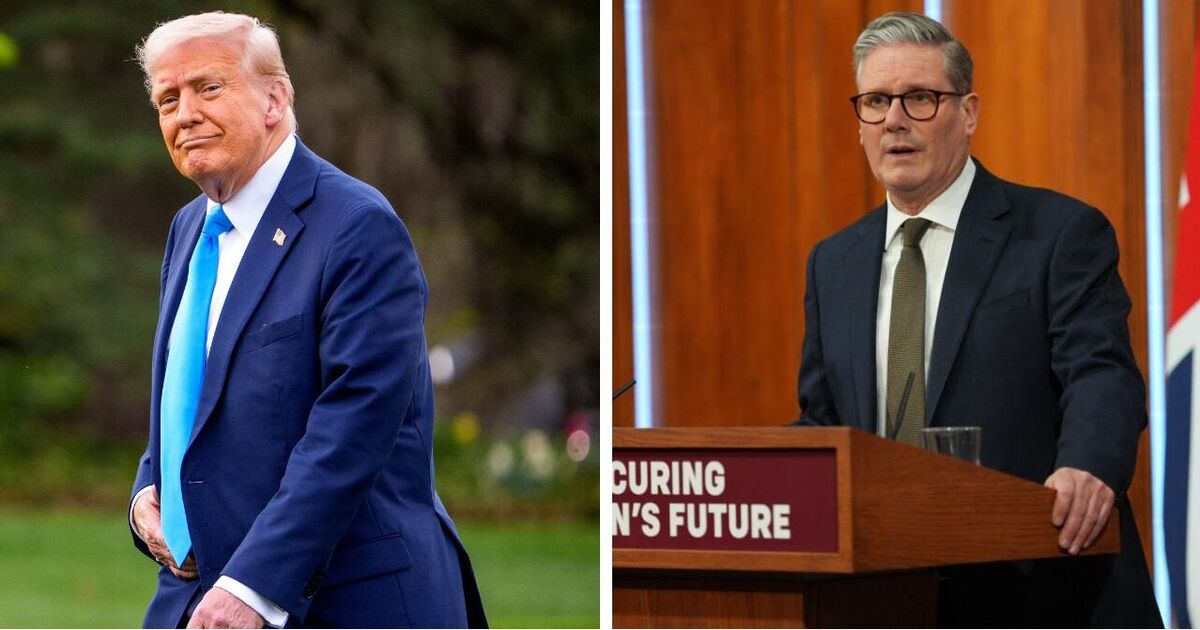

Donald Trump declared that the US had struck a “comprehensive” trade agreement with Britain. But one day on and there seems to be many unanswered questions.
Industries have been celebrating some immediate wins as the deal removes tariffs on UK steel and aluminium imports to the US, and cuts the levy on cars from 27.5% to 10%. This offers British luxury carmakers like Jaguar Land Rover a reprieve.
But some pressing questions remain for the next stage of negotiations, including pharmaceuticals and remaining tariffs. The blanket 10% tariffs on UK exports to the US remains in place, and it is unclear if the Oval Office key holder wants to budge on this baseline.
There are questions swirling around how soon the details will be concluded. Automotives is “imminent” but the rest is up in the air.
How far is Sir Keir willing to go in making further concessions?
Britain’s medicines industry is one of its most successful but Mr Trump’s threats to impose tariffs on drugs coming into the US which risks British exports, worth almost £9 billion.
The Prime Minister said that in future, the UK will have “preferential treatment” when it comes to pharmaceuticals.
Experts are unsure whether that means no tariffs, a lower rate or more limited concessions, with the actual text of the deal saying only that the two sides “intend to promptly negotiate significantly preferential treatment outcomes on pharmaceuticals”.
If the US gets its way, the NHS could be forced to pay more for American medicines - which would be problematic politically and for the health service that is already struggling to slash costs.
The UK has said the £800 million digital services tax, a 2% levy that mainly hits Silicon Valley tech giants, is “on the table” as part of future talks.
This is one of the US’s main concerns, wanting Britain to axe its plans entirely. Keir’s government has so far refused to do so.
Mr Trump promised that “James Bond has nothing to worry about”, after pledging 100% tariffs on films made outside the US.
The president plans to “have a discussion on that separately” with the UK, leaving the future of British film uncertain.